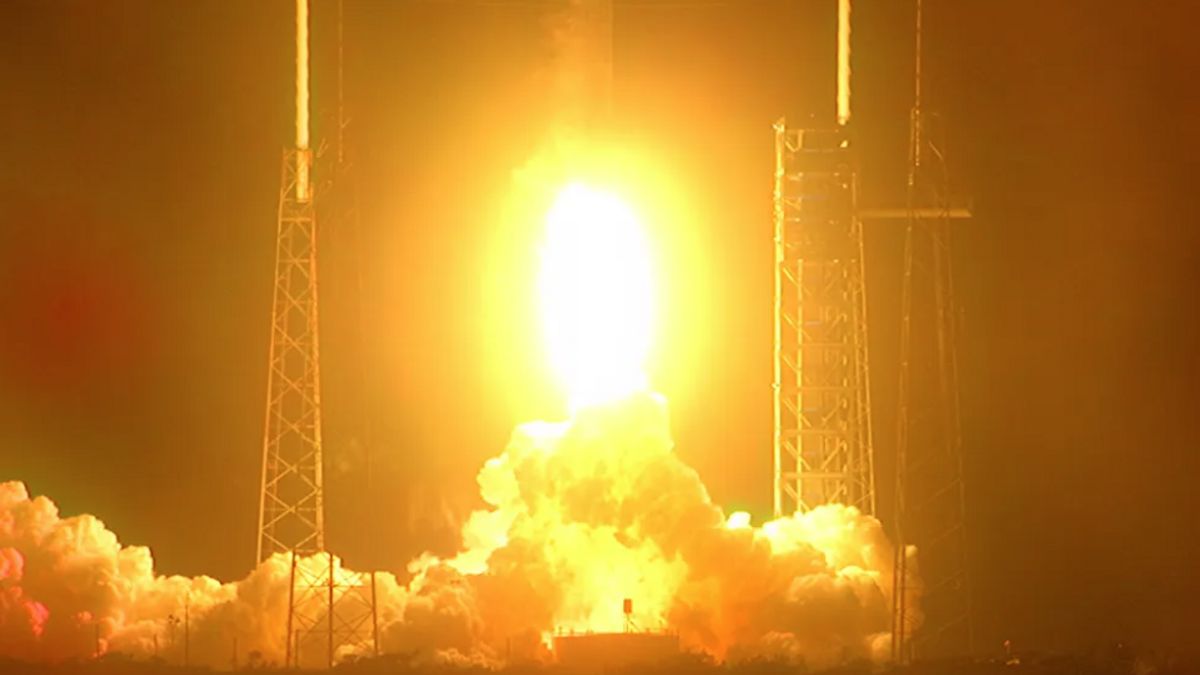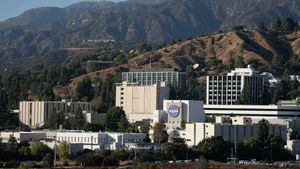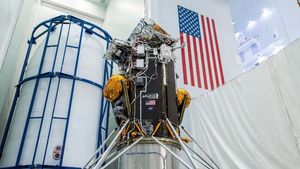JAKARTA The United States Aeronautics and Space Agency (NASA) has successfully launched thesuai, Aerosol, Climate, ocean Ecosystem (PACE) satellite into orbit. This satellite took off on Thursday, February 8.
The tool to observe Earth glides from Space Launch Complex 40 on Cape Canaveral Space Station using a Falcon 9, one of SpaceX's proud rockets. Five minutes after launch, satellite signals were successfully received by NASA.
Administrator Bill Nelson welcomed the launch and congratulated the team on duty. According to Nelson, this satellite will support the climate change agenda created by the administration of US President Joe Biden.
"Congratulations to PACE team for the success of its launch. With the addition of NASA's Earth observation satellite fleet, PACE will help us learn (Earth) in a way that has never been done before," Nelson said.
PACE is one of NASA's designed missions. The satellite will be used to study marine health, air quality, and the impact of climate change on humans. The satellite will also study the impact of microscopic in water and air.
SEE ALSO:
The data produced by the PACE satellite will be visible in the form of ultraviolet, visible, and near-infrared light spectra. With data obtained by the satellite, scientists can track the distribution of phytoplankton and organisms on a global scale.
Specifically, this research into the microscopics will help scientists in estimating fishery health, tracking the growth of harmful autotropies, and identifying various changes in the ocean.
PACE will work with two polarimeter instruments carried, namely Hyper-Angular Rainbow Polarimeter #2 and Spectro-polarimeter for Planetary Exploration to monitor actively interacting sunlight with particles in the atmosphere.
These two instruments will focus on researching aerosols, cloud properties, and air skinas on local, regional, to global scales. Data from these two instruments will be combined with PACE data to determine the impact of climate change.
The English, Chinese, Japanese, Arabic, and French versions are automatically generated by the AI. So there may still be inaccuracies in translating, please always see Indonesian as our main language. (system supported by DigitalSiber.id)















